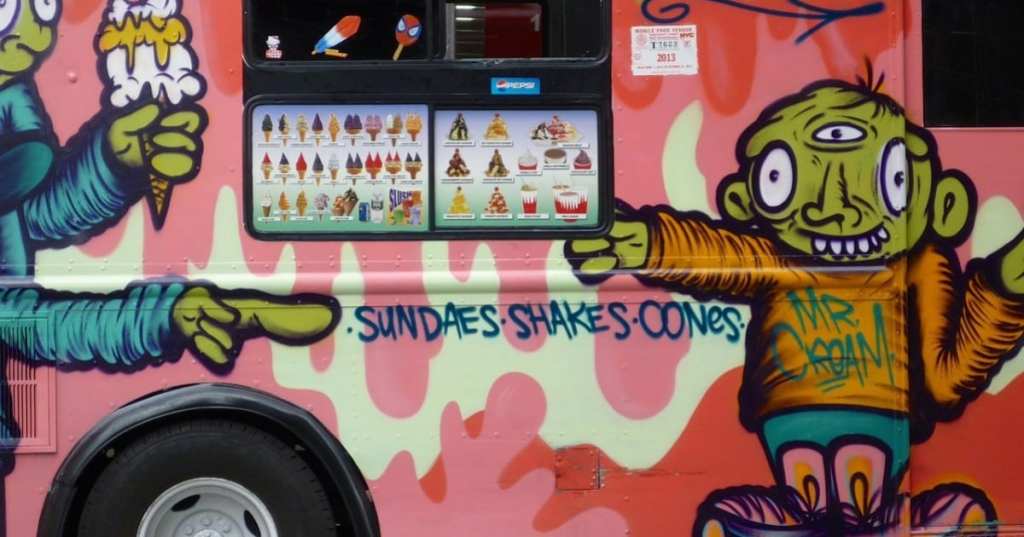Trending Now
Food trucks have become insanely popular over the years. After all, what’s not to like about being able to grab delicious, handmade snacks without having to wait for a table at a restaurant?
As a business owner, running a food truck involves long hours, cramped quarters and high pressure. Unfortunately, like the rest of the restaurant industry, the coronavirus pandemic has had a huge financial impact on those who make a living in this fashion.
With many restaurants re-routing to takeout-only, delivery apps like GrubHub, UberEats and Postmates have only risen in popularity. However, while customers may enjoy the benefit of getting food delivered directly, business owners pay a steep price for utilizing these food-delivery services.
Giuseppe Badalamenti, who owns the Chicago Pizza Boss food truck in Westmont, Ill., has put the issue on the map thanks to a Facebook post. He shared a March GrubHub payment for a restaurant, and the numbers are not pretty.
Though the restaurant did $1,042.63 in sales, GrubHub took $206.51 in commission fees. The company reportedly charges 20 percent on all orders conducted through its app.
But the bleeding didn’t stop there.
Based on Badalamenti’s post, delivery commission cost the restaurant nearly $100. Processing fees and per-transaction costs resulted in another $38.52 being deducted. Overall, the net revenue certainly checked in much lower than that original $1,042 figure.
“Stop believing you are supporting your community by ordering from a 3rd party delivery company,” Badalamenti wrote in a caption alongside his post. “Out of almost $1,100 of orders, the restaurant you are trying to support receives not even $400.”
GrubHub responded by issuing a statement that said, “Restaurant owners select the services they want and only pay a commission to GrubHub when we help generate sales. GrubHub is happy to work with restaurant partners to help them manage costs and grow their business.”
Badalamenti got plenty of support on social media for revealing the truth of how delivery apps eat away at profits.
Another Twitter user sympathized with the situation due to his family’s own experience in the restaurant industry.
However, not everyone agreed with the premise. In fact, one Twitter user offered a differing opinion that didn’t exactly come to the defense of restaurants.
Overall, there’s no doubt that food delivery apps do very well from a financial standpoint. Restauranteurs and food truck owners may not agree with their fees, but we all have to eat somehow.
Do you order food through delivery apps? Have you ever had a bad experience? Tell us more in the comments below!






